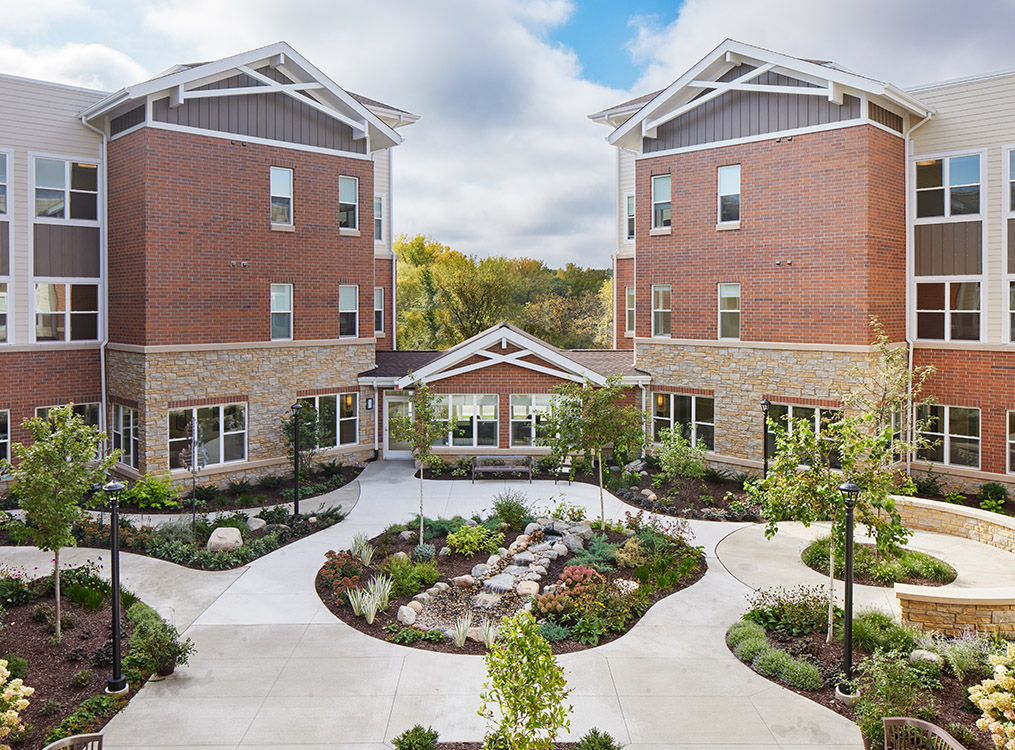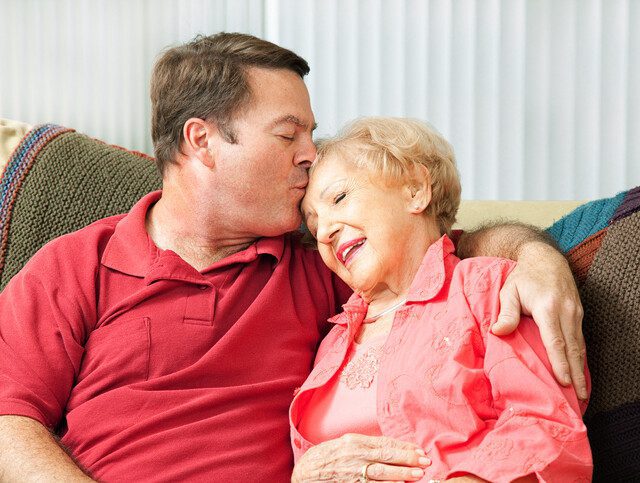
Memory Care In Bloomington, MN
Embracing Moments, Preserving Connections

Alzheimer’s is not about the past—the successes, the accolades, the accomplishments… Alzheimer’s is about the present and the struggle, the scrappy brawl, the fight to live with a disease. It’s being in the present, the relationships, the experiences, which is the core of life, the courage to live in the soul.

Memory Care Community Programming
Promoting Enrichment and Connection
Memory Care Community Safety Features
Designed for Safety, Security, and Peace of Mind

Memory Care Floor Plans
Personalized Attention, Private Accommodations
Memory Care Services And Amenities
All the Comforts of Home and More
Services
Direct care provided 24 hours a day, seven days a week
Trained, compassionate caregivers
Personalized care plan
Specialized memory care programming
Assistance with activities of daily living, such as dressing, bathing, grooming, and dining
Assistance with medication management
Social, cultural, and recreational activities specially designed to help residents reconnect with their favorite pastimes
Dietitian
Basic weekly housekeeping
Scheduled transportation
Amenities
Brand new, private apartments
Chef-prepared meals
Basic cable TV and all utilities included
Secure community
New, well-designed and secure garden courtyard
Salon and barber services
Family engagement and event reminders
Scheduled outings and transportation services available
Fully stocked game room
Memory Care Common Spaces
Take a Peek Inside
People who are cognitively challenged, whether from Alzheimer’s or other forms of dementia, require additional levels of care and security than those who simply need help with activities of daily living. Memory care residences at Friendship Village of Bloomington are designed to ensure residents feel safe and secure. Our program is structured to build confidence in an environment that promotes choice and celebrates accomplishments.
Our fully trained team members get to know your loved one — their history, their likes and dislikes, and preferred schedule. This nurturing relationship often improves interactions, helps reduce behavior problems, and may result in a reduction in medication needs.
Dementia refers to the loss of cognitive functions (thinking, reasoning, the ability to remember) that is severe enough to interfere with a person’s daily functioning. This group of symptoms may accompany certain diseases or conditions. Alzheimer’s disease is the most common form (and cause) of dementia. It is a progressive, degenerative disease of the brain, characterized by loss of function and death of nerve cells in several brain areas. This leads to loss of recent memories and new learning first, and eventually old memories, too.
Not at all! We accept applications directly to our memory care residences.
Supported Care Options
More Care Options

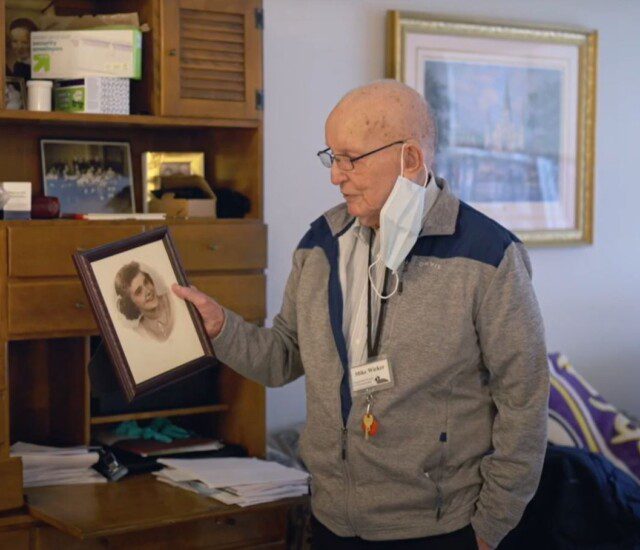
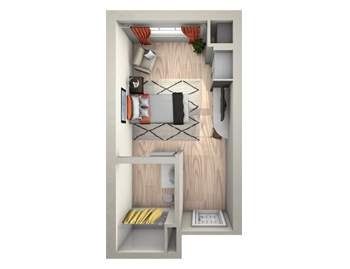
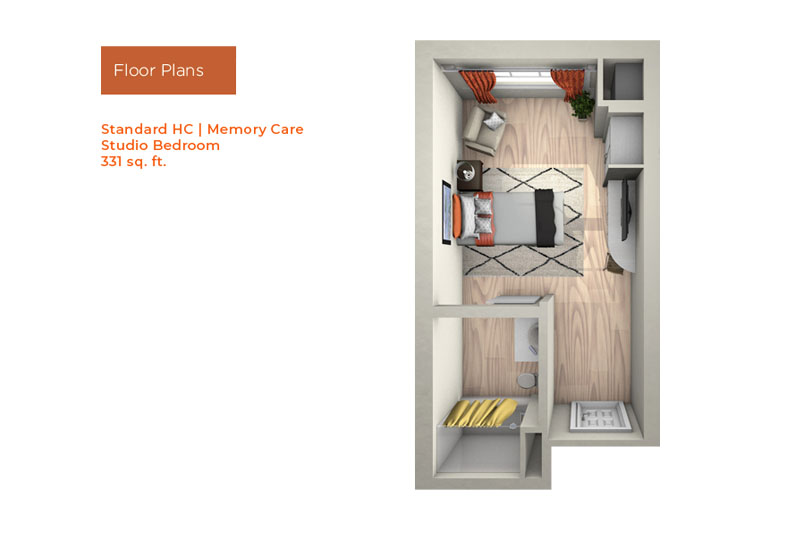 3773
3773


